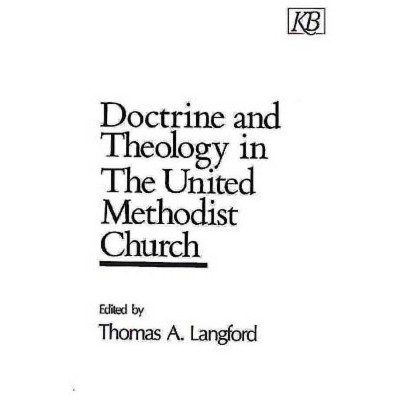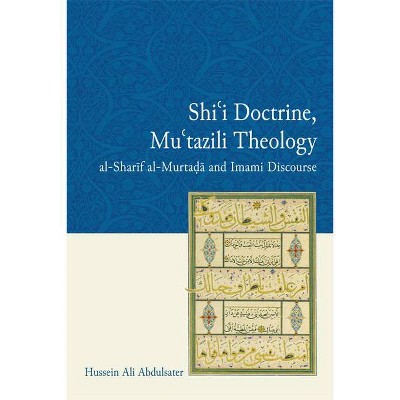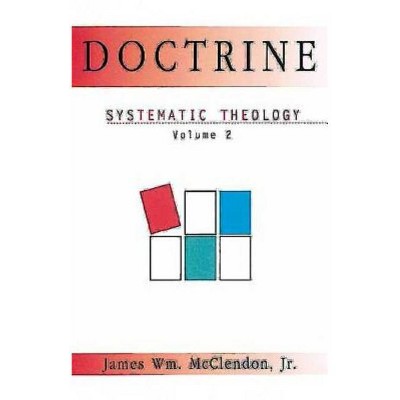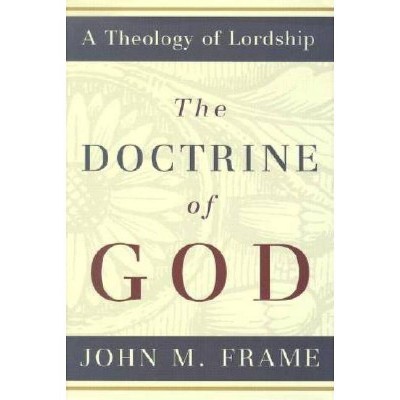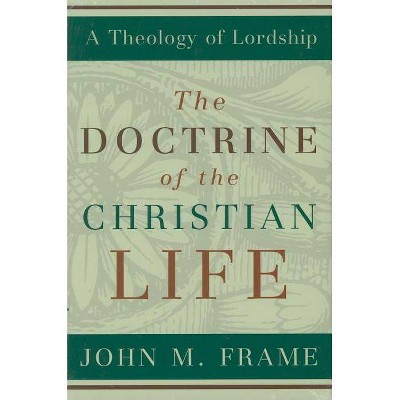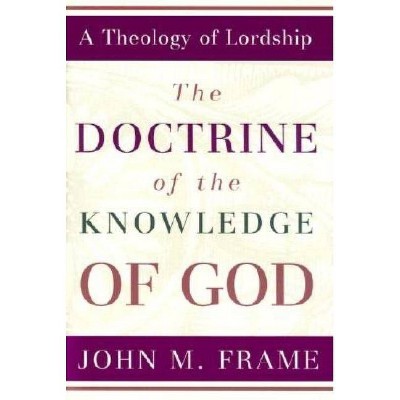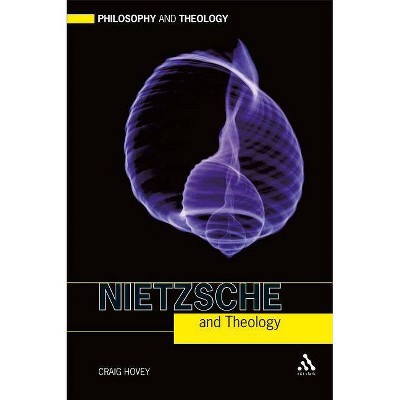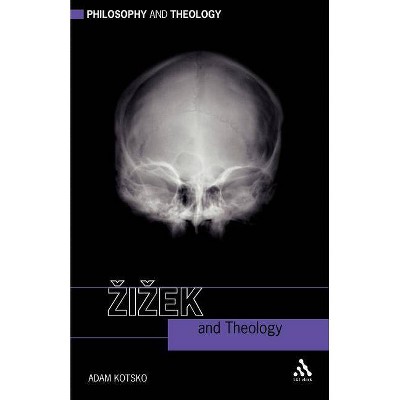Theology and the End of Doctrine - by Christine Helmer (Paperback)
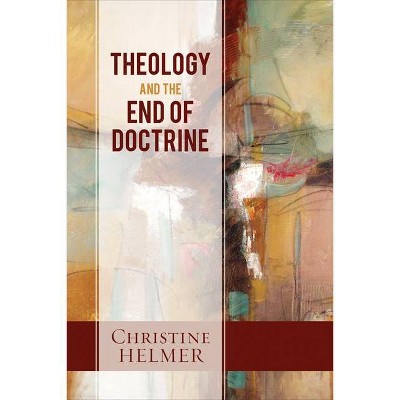
Similar Products
Products of same category from the store
AllProduct info
<p/><br></br><p><b> About the Book </b></p></br></br>This book is about the crisis brought about by doctrine's estrangement from reality--that is from actual lives, experiences, histories, and from God. By invoking the end of doctrine, Christine Helmer opens a new discussion of doctrinal production that is engaged with the challenges and possibilities of modernity. The end of doctrine refers on...<p/><br></br><p><b> Book Synopsis </b></p></br></br><p>This book is about the crisis brought about by doctrine's estrangement from reality--that is from actual lives, experiences, histories, and from God. By invoking the end of doctrine, Christine Helmer opens a new discussion of doctrinal production that is engaged with the challenges and possibilities of modernity. The end of doctrine refers on the one hand to unquestioning doctrinal reception, which Helmer critiques, and on the other, represents an invitation to a new way of understanding the aim of doctrine in deeper connection to the reality that it seeks.</p><p>The book's first section offers an analysis of the current situation in theology by reconstructing a trajectory of Protestant theology from the turn of the twentieth century to today. This history focuses primarily on the status of the word in theology and explains how changes in theology in the context of the political and social crisis in Europe in the 1920s and 1930s led to a distancing of the word from reality. Helmer then turns to the constructive section of the book to propose a repositioning of theology to the world and to God. Helmer's powerful work will inspire revitalized interest in both doctrine and theological inquiry itself.</p><p/><br></br><p><b> Review Quotes </b></p></br></br><br>"Helmer's book is a groundbreaking revitalization of doctrine for Christian theology and faith but also for the academy. It critiques two prominent approaches: authoritarian views of doctrine that deny its constructed character and the reductionist tendencies of religious studies where ʻtheologyʼ and doctrine are viewed as anti-intellectual. The crucial connection of doctrine to transcendence through human witness, Helmer argues, requires recognition of doctrine's socially constructed character and the necessity of change. Reappropriating the contributions of Martin Luther and Friedrich Schleiermacher in enormously enlightening ways, she even shows how the work of Karl Barth supports her case for combining social constructionism and the transcendent." --Mary McClintock Fulkerson, Professor of Theology, Duke Divinity School<br><br>"Succinct and elegantly written, this book is an unflinching engagement with our contemporary suspicion that doctrine (or theology itself) has come to an end. Helmer sketches a compelling vision of a new end for doctrine--one that is designed to resonate across academy, culture, and church. That she manages to do this in conversation with theology, religious studies, and philosophy without ever losing the forest for the trees makes her book an excellent candidate for cross-disciplinary discussion." --Andrew Chignell, Associate Professor of Philosophy, Susan Linn Sage School of Philosophy, Cornell University<br><br>"The title is deliberately ambiguous: the true 'end' (purpose) of doctrine is to point beyond itself to the relation of the living God to human beings in this world. Where this 'end' is lost to view, we are threatened with the 'end' (demise) of doctrine. Christine Helmer wants to reinvigorate doctrine. To accomplish this goal, she takes us on a historical journey through twentieth-century theology: from the Ritschlian reaction against mysticism and metaphysics and Brunner's critique of Schleiermacher through Barth's theology of the Word to the creation of an epistemic model by the so-called Yale School in which doctrine has lost its referential status altogether and thus its connection to divine and historical reality. Helmer's constructive solution proceeds through a recovery of Schleiermacher's epistemology (exploding a few myths about the great Berliner along the way!) in order to advance an understanding of doctrine as the expression of a socially conceived interaction with the 'real.' What emerges from this fine study is a theological epistemology that expands and deepens Barth's concept of the Word in important ways and an understanding of doctrine that repairs the damage done to its reputation in recent decades." --Bruce L. McCormack, Charles Hodge Professor of Systematic Theology, Princeton Theological Seminary<br><br>"This is a stimulating work in constructive theology that opens up fresh approaches to several problems at once: the dual responsibility of theology to church and academy, the tension between transhistorical truth and historical tradition, and, most of all, the relation of doctrinal language to a theological reality (i.e., God) that, precisely because it is living, invites us to say not only something faithful but also something new." --Kevin J. Vanhoozer, Research Professor of Systematic Theology, Trinity Evangelical Divinity School<br><br>"Recent discussion on doctrine has often been critical of the theological insights of modernity. Christine Helmer undertakes a careful revision of this discussion, emphasizing the need to take history and religious studies seriously. She demonstrates that this emphasis does not downplay the language and reality of theological doctrine but gives them a new relevance." --Risto Saarinen, Professor of Ecumenics, University of Helsinki<br>
Price History
Price Archive shows prices from various stores, lets you see history and find the cheapest. There is no actual sale on the website. For all support, inquiry and suggestion messagescommunication@pricearchive.us
